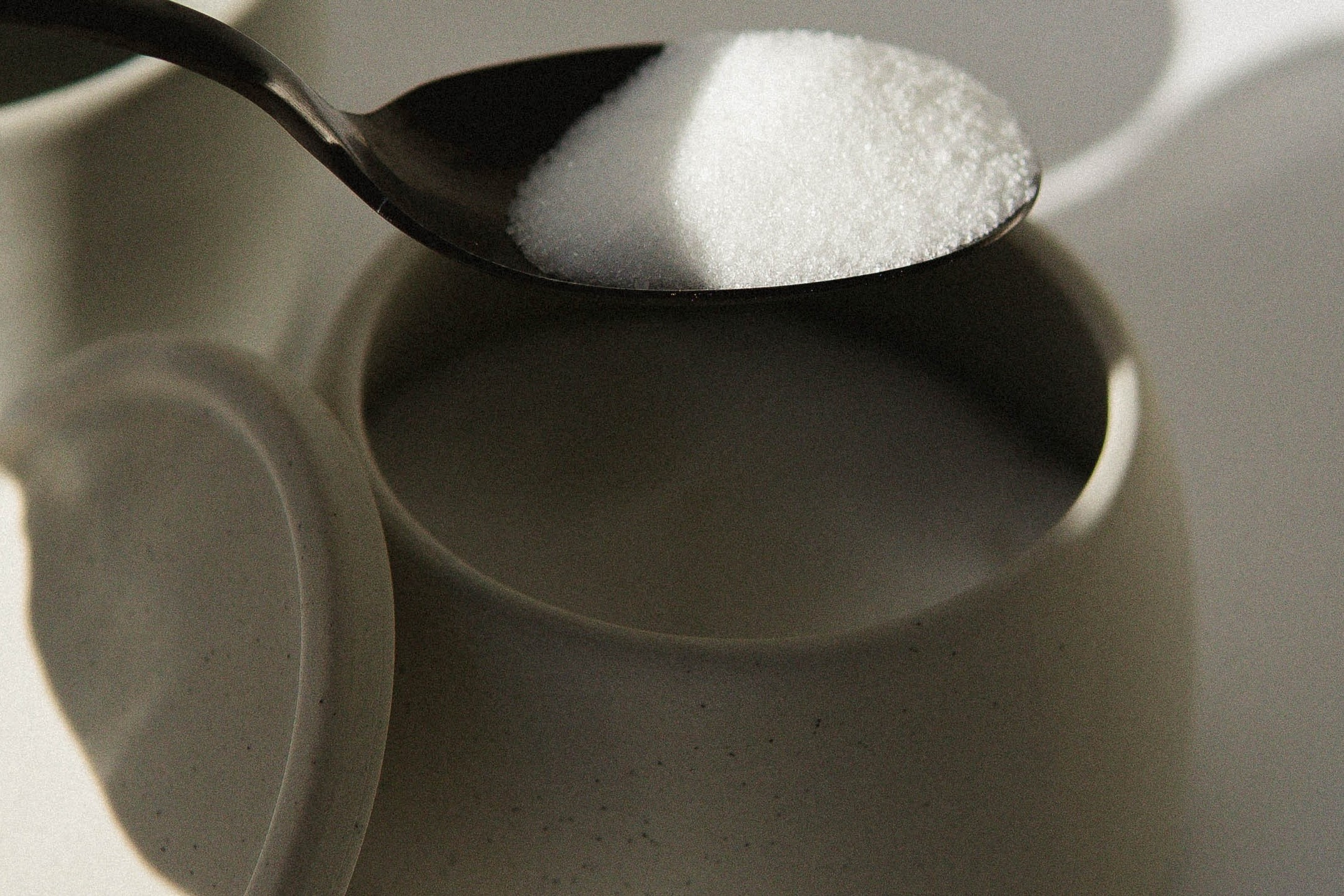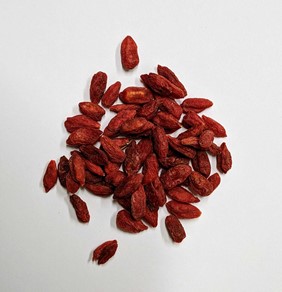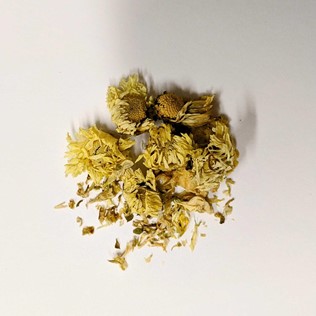A Spoon Full of Sugar!
A Spoonful of Sugar
It’s midsummer and time to do a gut check. How are all the picnics, patio dates, barbeques, and road trips going? Are they sitting well tummy-wise, or is bloating a regular part of life? If your stomach has been complaining lately, you’re not alone. Indigestion isn’t just for Thanksgiving anymore.
One common symptom of indigestion is hiccups. The involuntary contraction of the diaphragm that produces the “hic” sound is most commonly caused by
- eating too quickly or too much—especially raw, cold food
- drinking carbonated beverages or too much alcohol
- feeling nervous, excited, or stressed
…in other words, all the regular features of a summer shindig. A rushed lunchtime salad or those fresh, straight-from-the-fridge carrots during a busy day can do it too.
In Traditional Chinese Medicine (TCM) hiccups are an example of rebellious Stomach Qi. The Stomach’s descending function is interrupted by foods or emotions that burden the digestive system, and in place of a quiet, peaceful parasympathetic rest-and-digest response we experience an upward movement that brings on the annoying, exhausting hiccups.
Happily, there is a way to have your carrot(cake) and eat it too. Ever heard of taking a spoonful of sugar for a hiccup Read More
Read More




